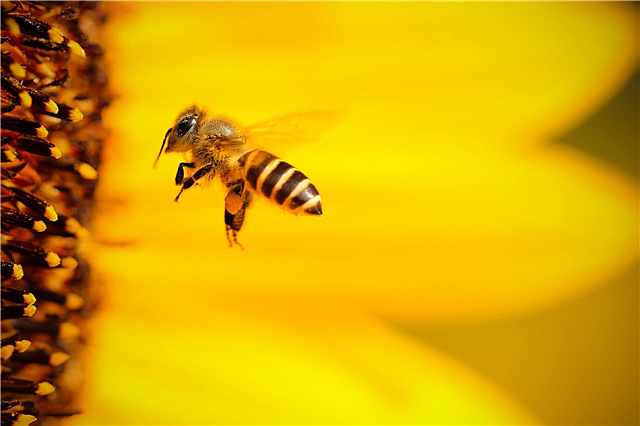
Perhaps, in the modern world there is no food with a longer shelf life than canned food. Why canned foods gradually become unusable if the products are cleaned of bacteria and there is no air inside the container?
A brief history of canned food
The French chef Nicolas Upper is considered the inventor of canned food, who discovered methods of canning at the beginning of the 19th century. The first such products were used by Napoleon’s soldiers. Also, travelers from Russia, exploring Antarctica in 1819, replenished their supplies with provisions from England. They ate boiled beef rolled up in glass jars. In the 1825th year in the United States began to produce canned goods, rolled up in cans. Lobster, salmon and oysters were used as products.
Interesting fact: in the second half of the 19th century, canned food was considered a premium product in the middle class.
Canned food was widely used in the First World War, as it made it possible to quickly fill the soldiers' warehouses with food with a long shelf life. Now this product is considered inexpensive and is available in many grocery stores.
Why do canned foods go bad?

Before preservation, the products undergo sterilization, which kills any microbes in them that contribute to decay. Also, air is removed from the can before clogging, which also contributes to the deterioration of food properties. And if such measures are taken during production, why canned food still deteriorate?
Being inside the can, the contents react chemically with the metal walls. It proceeds very slowly, but in the end it still leads to spoilage of the product.
Shelf life also depends on the composition of canned food. They try to add a lot of fat, because it slows down the process of decay. But in the components there are still acids that react with each other, starting the chemical decomposition process. Manufacturers are trying to minimize the amount of acid, but this is not always the case.
Canned food deteriorates as products react chemically with the walls of the can. Acids inside the food also contribute to the decomposition process. But reactions proceed at slow speeds, which is why canned food can be stored for a very long time.












